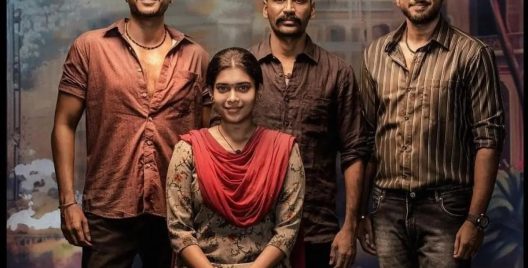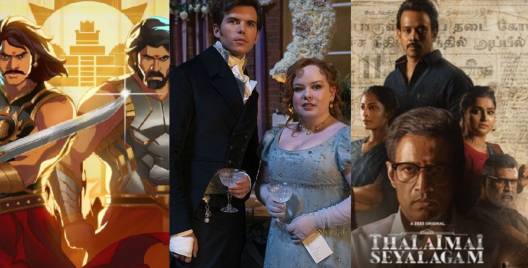There have been a few Tamil movies such as Magalir Mattum (1994), Snegithiye (2000), and 90 ML (2019) that have revolved around female friendship but generally, women are pitted against each other on the big screen. So, what if we reimagined these stories and made these women like and choose each other? What would happen to the plot of the films?
Ahead of Friendship Day on July 30, here’s a look at five such Tamil films from different time periods:
Kaathuvakula Rendu Kathal (2022)

There was absolutely no reason for Vignesh Shivn to bring together two of Tamil cinema’s biggest women stars – Nayanthara and Samantha – and shove them into a plot where a bigamous man’s (Vijay Sethupathi) actions are justified yet again. Kanmani and Khatija eventually become friends but the relationship is intertwined with their romance with Rambo, and everything is still about the man between them. But what if they had spoken to each other and decided to dump Rambo for the liar he is, and moved on with their respective lives instead of wasting time and energy on solving his family problems? Kanmani and Khatija definitely didn’t need Rambo cramping their style, and it would have been great fun to see them living it up together.
Ponniyin Selvan (2022, 2023)
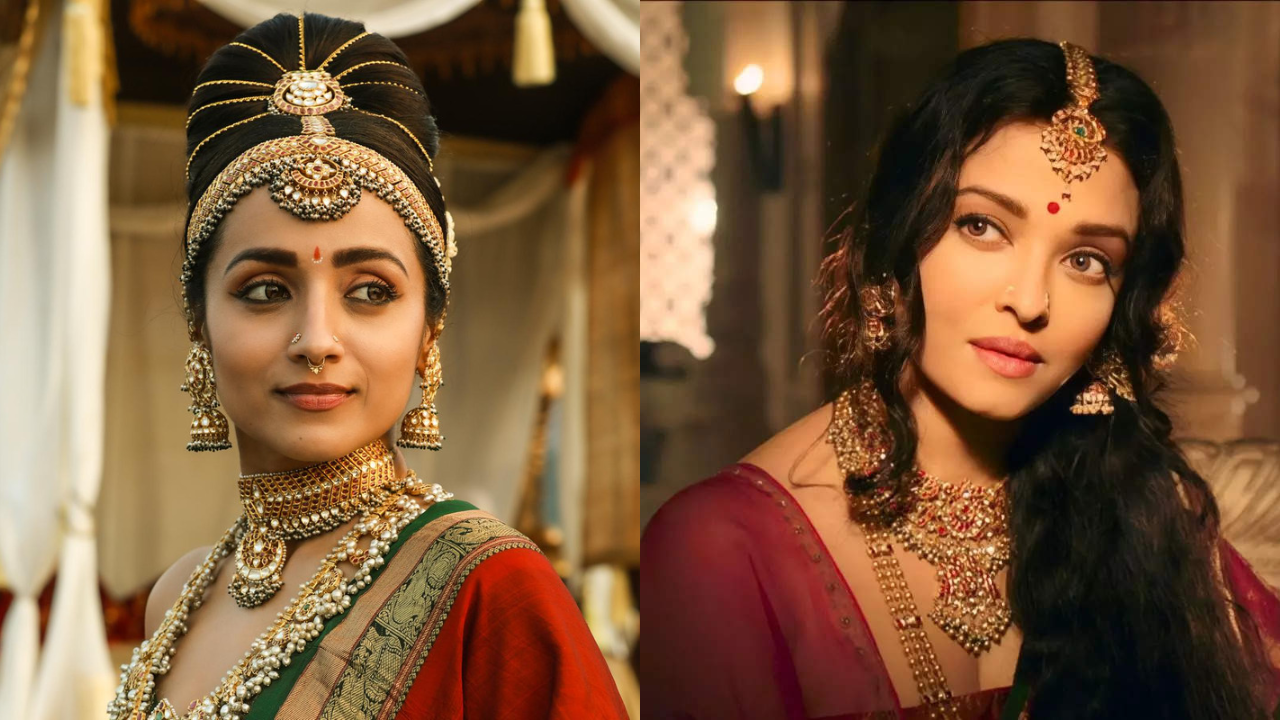
The two part film is based on Kalki’s novel by the same title. It has some of the best women characters in Tamil literature, but while the men strike up friendships through war and travel, the women get no such opportunity. The only female friendship we see is between Kundhavai (Trisha) and Vanathi (Sobhita Dhulipala), but that’s more due to the former’s interest in seeing her brother marrying the latter. What if Kundhavai wasn’t written to become jealous of Nandini’s (Aishwarya Rai Bachchan) beauty, and the two women – both so similar in their love for power – became friends as adults? How formidable a coalition would that have been! One can’t hope to change history, but at least in fiction, it’s possible to imagine a kingdom ruled by two women who have far greater political acumen than all the men in the series put together.
Padayappa (1999)
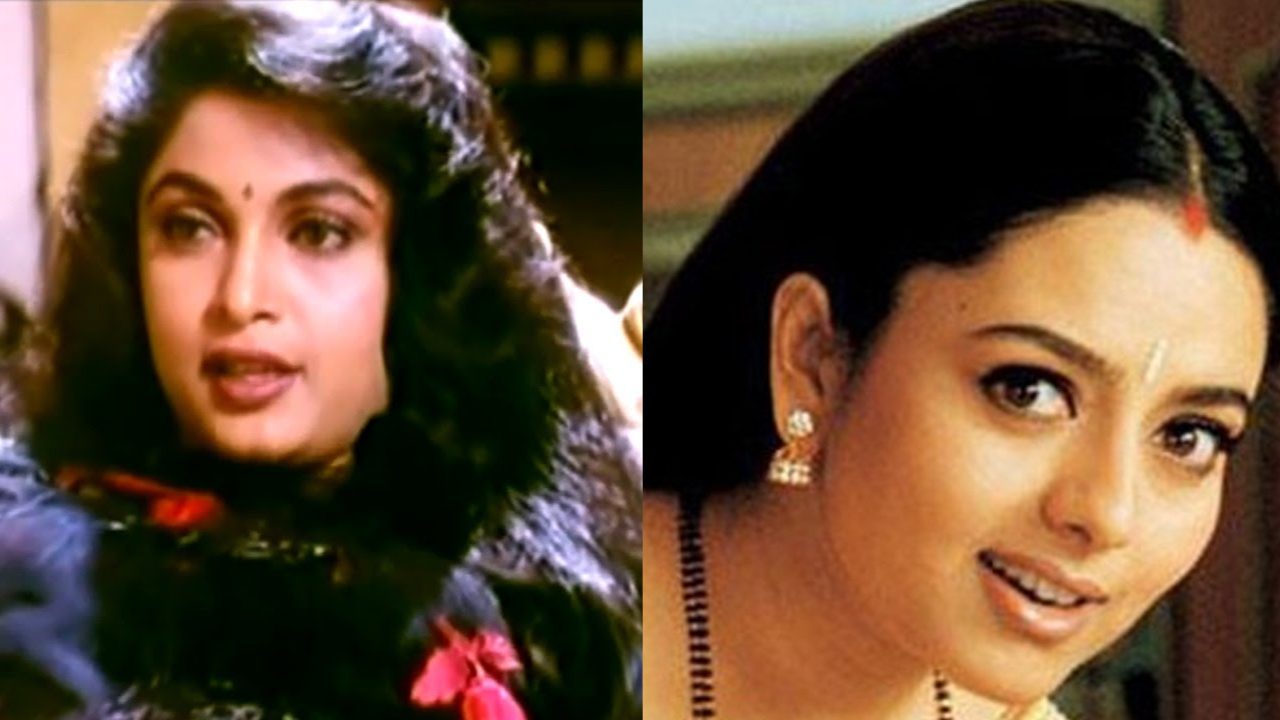
The Rajinikanth film puts all women into three categories – sathivikam (divine), prachodhakam (sexually attractive) and bhayanakam (frightening). While the antagonist Neelambari (Ramya Krishnan) is prachodhakam according to Rajinikanth’s Padayappa, he isn’t attracted to her because she’s too arrogant and that isn’t how a woman ought to be. He is, instead, keen on pursuing the sathvikam Vasundhara (Soundarya), a servant in Neelambari’s house. The two women are written as contrasting characters, but what if they refused to be defined by Padayappa’s narrow understanding of women and struck a friendship nevertheless? Maybe the audience would have seen that Padayappa, who doesn’t do much other than walk around with his mouth organ, didn’t deserve either of them.
Sindhu Bhairavi (1985)

This film runs on the commonly held belief that a man’s genius justifies all his sins. JKB (Sivakumar) is a brilliant carnatic musician who is frustrated with his simpleton wife, Bhairavi (Sulakshana). She’s also unable to become pregnant, and feels extra guilty because of this. He starts an affair with the intellectually gifted Sindhu (Suhasini) who becomes pregnant, but walks away from the affair after giving the baby to the couple. The two women in the film exist to offer emotional support to JKB and liberate him from his alcohol addiction while they’re most affected by his selfish actions. What if they had met for lunch instead and talked about just how callous a person JKB is instead of sacrificing themselves on the altar of his genius?
Gopurangal Saivathillai (1982)
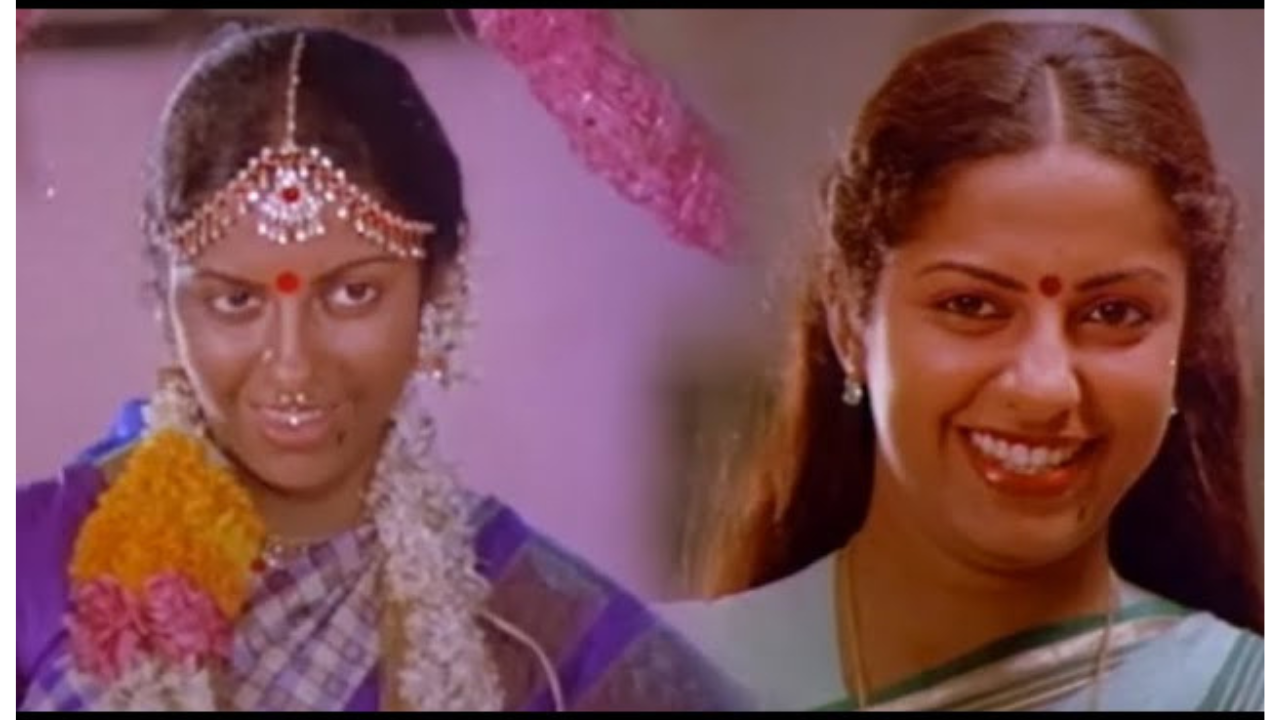
That Arukkani (Suhasini) is still used as an insult to describe someone who isn’t sophisticated and dresses poorly, is testament to the influence that this film still has on the audience. Murali (Mohan) is married to Arukkani but wants a beautiful and stylish partner. Without the knowledge of either woman, he starts an affair with Julie (Radha) in another city. Arukkani ends up in their home but instead of confronting him, she is content to live as a servant in the house. The rest of the film is about how Arukkani wins back Murali with her golden heart. Julie, too, lets Murali go without putting up a fight though she’s pregnant with his child. In the end, everything works out great for the man. But what if Arukkani had confided in Julie right away and the two of them had discussed what a terrible spouse Murali actually is? They both could have walked away from a toxic relationship and saved themselves the trouble of pining for a truly despicable man.





